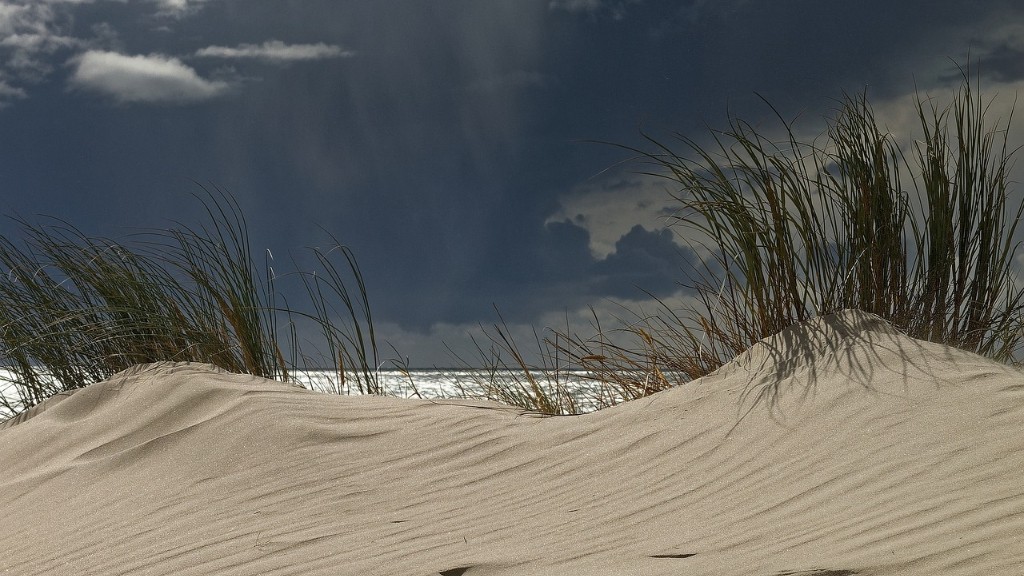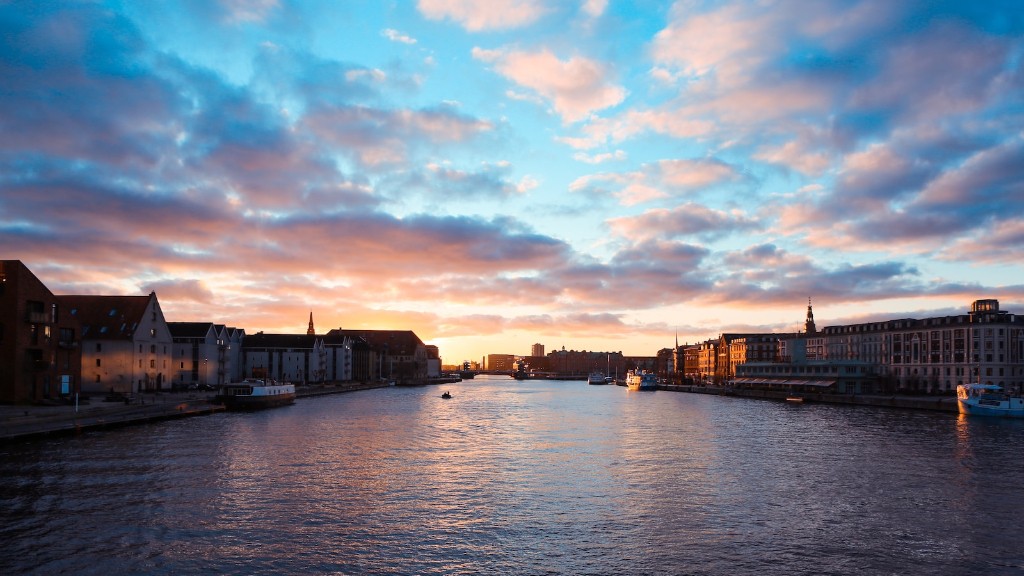Does Denmark Have a King?
Denmark, a constitutional monarchy in Northern Europe, has been ruled by a line of monarchs since ancient times. However, contrary to popular belief, Denmark does not currently have a king. The reigning monarch is actually a queen, Queen Margrethe II. She ascended to the throne on January 14, 1972, following the death of her father, King Frederick IX.
Denmark’s monarchy holds a significant historical and cultural value in the country. It symbolizes continuity and national unity. Despite having a queen as the reigning monarch, the gender-neutral term “monarch” is commonly used in official settings, avoiding the use of “king” or “queen” specifically.
Since her accession, Queen Margrethe II has actively performed her constitutional duties, representing Denmark at both national and international events. The queen’s role is largely ceremonial and symbolic, with limited executive powers. The Danish monarchy operates under a parliamentary democracy, wherein the government holds the executive authority.
The Danish Royal Family enjoys widespread popularity and is highly respected by the Danish people. Queen Margrethe II, known for her artistic talents, has played a significant role in promoting Danish arts, culture, and heritage. Her legacy includes numerous artistic creations, including paintings, costumes, set designs, and even illustrations for Danish literary classics.
The Royal Succession
Denmark practices primogeniture in its royal succession, meaning the eldest child inherits the throne regardless of gender. This ensures equal opportunities for both male and female heirs. Consequently, if Queen Margrethe II were to pass away or abdicate, her eldest son, Crown Prince Frederik, would become the next Danish monarch.
Crown Prince Frederik, born on May 26, 1968, has been preparing for his future role and actively fulfilling royal duties alongside his wife, Crown Princess Mary. The couple has four children, including Prince Christian, who is next in line to the throne after his father.
The Constitutional Role of the Monarchy
Although Denmark’s monarchy has limited executive powers, it plays a crucial constitutional role in the country. The monarch’s responsibilities include opening and closing sessions of the Danish Parliament, representing the nation during state visits and official events, and appointing the Prime Minister after parliamentary elections.
The Danish monarch also serves as a unifying figure, fostering a sense of national identity and cohesion. Royal ceremonies, such as the Changing of the Guard at Amalienborg Palace, attract both tourists and locals alike, strengthening the connection between the people and the monarchy.
The Monarchy and Danish Society
The Danish monarchy holds a special place in Danish society, maintaining a sense of history and tradition. The royal family is often involved in charitable work, supporting various causes and organizations across the country. Their participation helps raise awareness, mobilize resources, and encourages volunteerism among the Danish population.
Furthermore, the Danish monarchy is a subject of great interest and fascination for many people within and outside of Denmark. The royal family’s private lives, public appearances, and significant events, such as weddings and christenings, are closely followed by the media and the public, fostering a strong bond between the monarchy and the people.
The Future of the Danish Monarchy
The Danish monarchy continues to evolve and adapt to modern times. Queen Margrethe II has ensured that the royal family maintains a contemporary image while preserving its traditional values. The future of the Danish monarchy appears secure, with the Crown Prince and his family enjoying widespread popularity and support.
As Denmark moves forward, the monarchy’s role is expected to continue providing stability, unity, and representing Danish values both at home and abroad. The ongoing connection between the Danish people and their royal family illustrates the enduring significance of the monarchy in Danish society.



